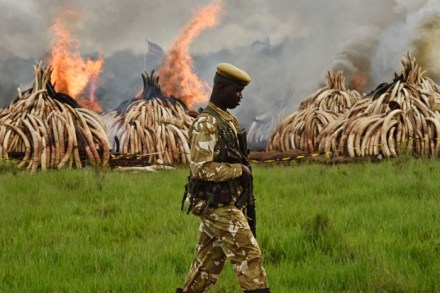Wild life | 8 December 2016
Kenya I realised I had fallen from grace when we were dropped from the Queen’s birthday party guest list at the British High Commission in Nairobi. I wondered what offence I had caused to the recently arrived plenipotentiary. I worried that it was because one evening, while jogging in the diplomatic suburb of Muthaiga, I had passed him going at a slack pace and barked, ‘Giddy up!’ I have always been so fond of our British HCs. I picture them to be like Waugh’s ambassador to Azania, Sir Samson, less engrossed with unfolding revolutions outside than with playing with his rubber dinosaur at bath time, which he sat on ‘and




















